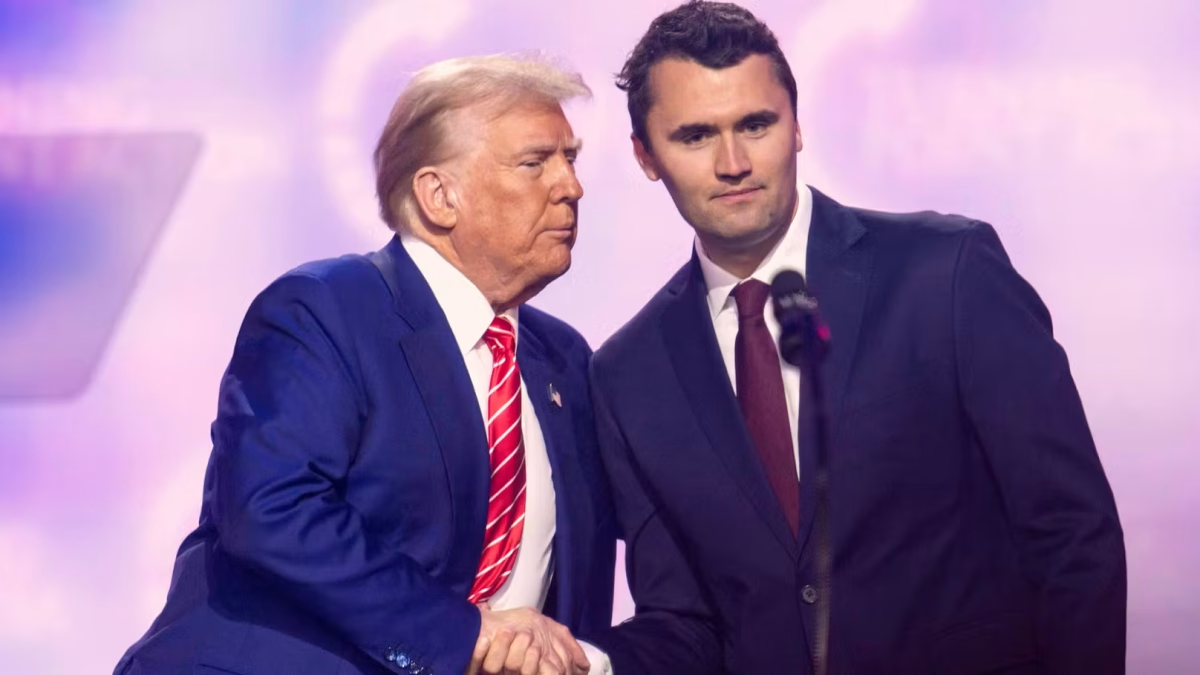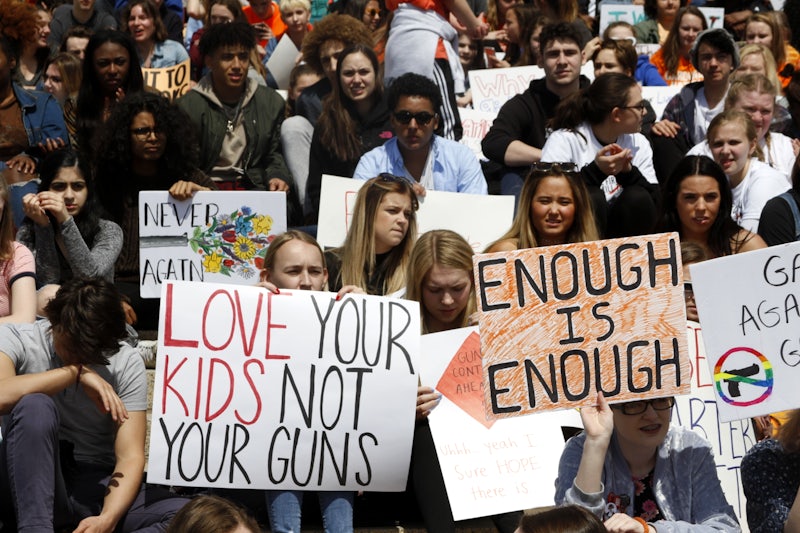After Super Tuesday, the biggest primary date in the presidential nomination cycle, candidate Nikki Haley faced a severe problem. Having only won DC prior to and Vermont on Super Tuesday, March 5th, her campaign seemed doomed.
Haley was the first major Republican to launch a challenge against the former president, Donald Trump, more than a year ago. Her campaign had a slow start, but she gained momentum after multiple strong debate performances last summer and fall.
The day after Super Tuesday, Haley dropped out of the presidential race, effectively ceding the nomination to Donald Trump. Haley’s decision to end her campaign in effect kicked off the general election, where Trump and President Joe Biden will be taking unofficial command of their parties.
“I am filled with gratitude for the outpouring of support we’ve received from all across our great country, but the time has now come to suspend my campaign,” Haley said in a speech Wednesday morning.
Haley has yet to announce an endorsement of Trump. Instead, she encouraged him to earn the support of the Republicans and independents that backed her up.
“It is now up to Donald Trump to earn the votes of those in our party and beyond who did not support him, and I hope he does that,” she said. “At its best, politics is about bringing people into your cause, not turning them away. And our conservative cause badly needs more people. This is now his time for choosing.”
In a statement on Haley’s withdrawal from the Republican primary, President Biden acknowledged the “courage” it took to “spread the truth” about her GOP opponent. “Nikki Haley was willing to speak the truth about Trump: about the chaos that always follows him, about his inability to see right from wrong, about his cowering before Vladimir Putin,” Biden remarked.
In a response to his opponents renunciation, Trump said in a statement that “Nikki Haley got TROUNCED last night, in record setting fashion, despite the fact that Democrats, for reasons unknown, are allowed to vote in Vermont, and various other Republican Primaries,” referring to her only Super Tuesday win, Vermont.
Trump said that at this point, “I hope she stays in the “race” and fights it out until the end!”
Trump’s campaign press secretary, Karoline Leavitt, said in an interview with Fox Business that she hoped Haley would endorse Trump, “considering again that voters and states across this country have made their choice very clear.”
One of the issues that opened Haley up to this criticism was abortion, on which she had a softer tone than most of the other GOP candidates running for president.
“As much as I’m pro-life, I don’t judge anyone for being pro-choice, and I don’t want them to judge me for being pro-life,” she had stated. “Let’s find consensus. We don’t need to divide America over this issue anymore.”
She did call herself “unapologetically pro-life,” but she long remained vague on what kind of federal abortion ban she would support, highlighting the lack of support from the needed 60 senators and calling instead for “consensus.”
It was ultimately her moderate and independent heavy coalition that was not strong enough to overcome Trump’s power in the GOP.








